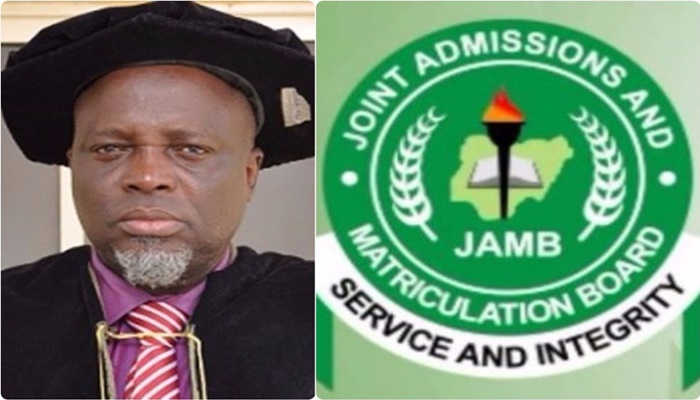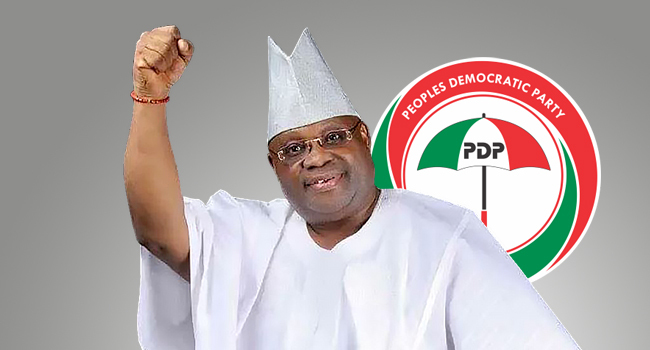
Just as the Africa Continental Free Trade Area (AfCFTA) Treaty comes into force January 2021, Nigerian businesses and the entire private sector have to become conversant and knowledgeable with the rules as this would be required so as to benefit maximally from the treaty.
Osinbajo stated this Thursday at the opening session of the 52nd Annual National Conference of the Chartered Institute of Personnel Management (CIPM) themed: “Nigeria and Manpower Preparedness for the African Continental Free Trade Area.”
According to him, “it is imperative for Nigerian businesses to also familiarize themselves with AfCFTA rules because they will have to assist in providing the evidence to trigger action on trade remedies by government.”
Stressing the importance of capacity building in understanding the operationalization of the AfCFTA, the Vice President noted that “building productive capacity is only the first step. The ability of our businesses and entrepreneurs to integrate successfully into the opportunities of the AfCFTA also depends a great deal on strengthening our domestic ability to facilitate trade.”
In his words: “Our logistics chains, port processes, and customs procedures must be dynamic and efficient and it is obvious that the capacities of the operators and workers in these areas need to be rapidly upscaled through training including on the use of technologies.
“This is why we are paying particular attention to the rapid implementation of the National Single Window project which we expect to radically improve trade facilitation.
“Given the size of our economy, it is also clear that Nigeria must play a leading role in the harmonization and integration of border management, regulatory cooperation, and the formalization of informal cross-border trade in the continent. These actions are necessary to assist and support our MSMEs to be able to make use of the opportunities afforded us by the AfCFTA.”
The Vice President said in order to be able to measure the impact of AfCFTA on the economy including providing evidence on its benefits or on unfair trade practices, “it is clear that we must strengthen domestic capacity to produce, disseminate and use reliable trade statistics. This is important not only for monitoring progress but also for establishing safety nets as we implement the AfCFTA.”
Speaking on the Federal Government’s efforts to ensure that Nigeria benefits maximally from the policy, the Vice President said “the creation of the Nigerian Office for Trade Negotiation (NOTN) was a deliberate decision by this Government to change our approach to trade negotiations by ensuring that our participation is underpinned by top-class technical knowledge and adequate preparations.”
Explaining further, Prof. Osinbajo stated that “it is imperative that Nigeria continues to lead on AfCFTA negotiations as we move into the second phase that will focus on intellectual property, competition policy and investment policy.
“This will require the scaling up of our official negotiating capacities and the private sector must support this process by bringing its interests, concerns, and understanding of the practical dynamics of international trade to the attention of government and by paying close attention to the negotiation process.”
The Vice President assured that aside prioritizing trade negotiations, the Buhari administration is also paying attention to the agreement on free movement of persons.
He said that “for Nigeria, this protocol on free movement of persons is crucial, we have comparative advantage in very skilled and competent personnel and these opportunities cannot be realized without the protocols being passed.”
The 3-day conference will feature presentations by the Head of the Civil Service of the Federation, Dr Folasade Yemi-Esan; the Chief Executive of the Chartered Institute of Personnel Development, Mr Peter Cheese; President of the Institution of Occupational Safety and Health (IOSH), Mr James Quinn, among others.






